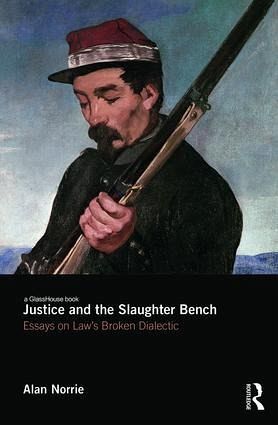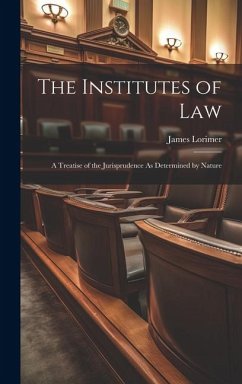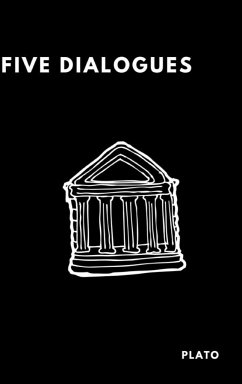
Justice and the Slaughter Bench
Essays on Law's Broken Dialectic
Versandkostenfrei!
Versandfertig in über 4 Wochen
189,99 €
inkl. MwSt.

PAYBACK Punkte
95 °P sammeln!
In this follow-up to Alan Norrie's Law and the Beautiful Soul (Routledge, 2005), Alan Norrie addresses the unresolved split between legal and ethical judgment. This split is seen as a product of the historical shaping of legal judgment, such that its abstraction and formalism both eschew ethical judgment, but also require it. Covering a range of issues - including self defence, euthanasia, and war guilt - this exposition of the problematic relationship between legal and ethical judgment makes an important contribution to the central questions in law and legal theory, as well as criminal justic...
In this follow-up to Alan Norrie's Law and the Beautiful Soul (Routledge, 2005), Alan Norrie addresses the unresolved split between legal and ethical judgment. This split is seen as a product of the historical shaping of legal judgment, such that its abstraction and formalism both eschew ethical judgment, but also require it. Covering a range of issues - including self defence, euthanasia, and war guilt - this exposition of the problematic relationship between legal and ethical judgment makes an important contribution to the central questions in law and legal theory, as well as criminal justice.












